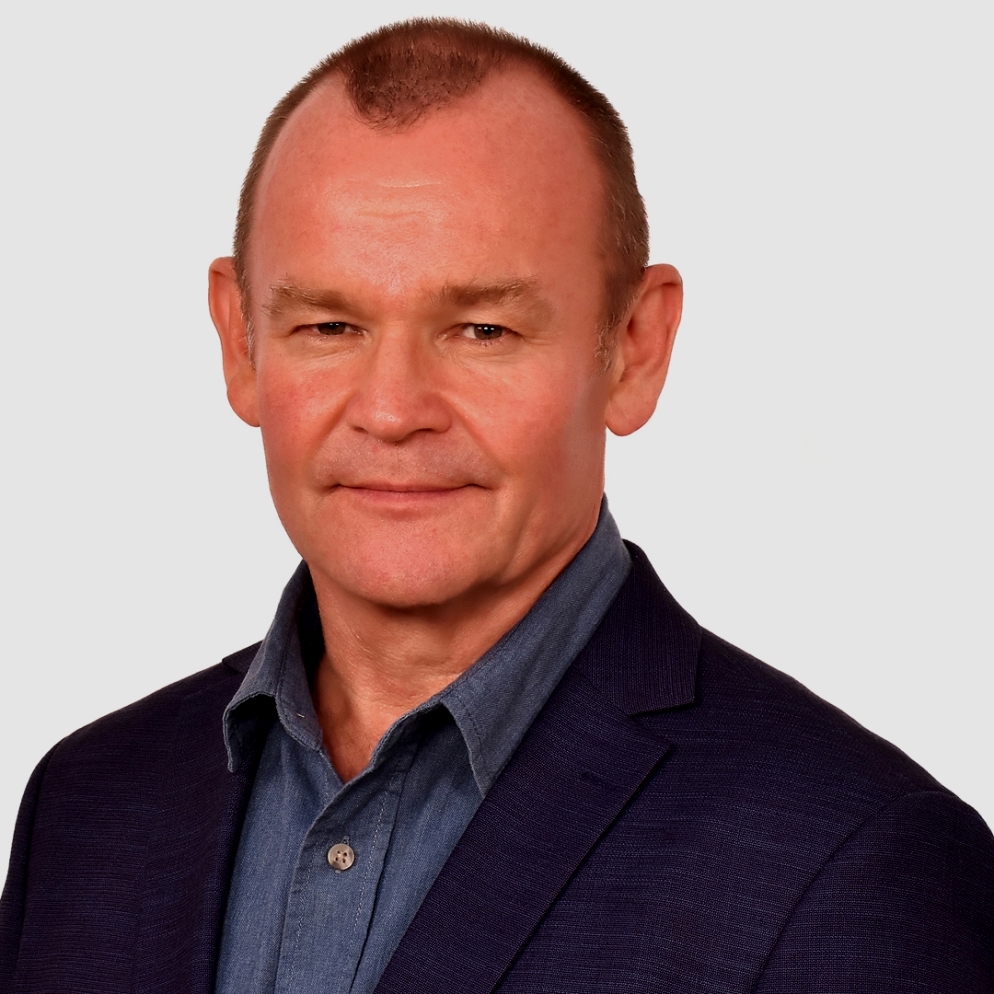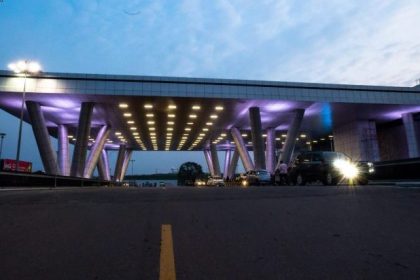Unleashing growth: construction in East Africa’s booming markets
 Burke says it is essential for East African governments to actively coordinate investments, align them with national development plans, and ensure transparency and accountability in project implementation.
Burke says it is essential for East African governments to actively coordinate investments, align them with national development plans, and ensure transparency and accountability in project implementation.
East Africa is currently undergoing rapid economic growth and urbanization, presenting numerous opportunities for construction companies writes Christopher Burke. The sector is experiencing significant expansion due to increased investments in infrastructure development and a rising demand for residential, commercial and industrial projects.
According to a report by the African Development Bank, East Africa is projected to achieve an average real GDP growth of five percent in 2023, surpassing the estimations for the entire continent. The region’s combined population, currently standing at 480 million, is expected to more than double by 2050.
According to UN Habitat data, Uganda’s urbanization growth rates of up to 5.7 percent, is among the highest in the world. Consequently there is a high demand for apartment complexes and gated communities, but more importantly, affordable housing initiatives. The commercial and retail sectors are also experiencing robust growth, driven by a growing middle class and increased consumer spending. Shopping malls, office buildings, hotels, and restaurants are being established to cater for the rising demand.
The industrial sector in East Africa is also flourishing, due to a significant increase in manufacturing activities, including the development of industrial parks and special economic zones. This surge in manufacturing is escalating the demand for industrial sites for new factories, warehouses and logistics facilities as the region strives to enhance its manufacturing capabilities and promote trade.
Furthermore, East Africa is actively pursuing the development of the oil and gas sector, while also demonstrating a commitment to renewable energy and sustainability. With abundant solar, wind, hydro, and geothermal resources, the region has vast potential for renewable energy projects. Governments and private entities are also investing in the construction of solar farms, wind farms, and hydropower plants to diversify their energy sources and reduce reliance on fossil fuels.
Recognizing the importance of infrastructure for economic growth and regional integration, governments and development partners in the region have increased their focus on infrastructure development. They have been investing heavily in urban roads, highways, railways, airports, ports, energy, and communications projects.
The market is increasingly competitive according to Chairman of Roko Construction Mark Koehler and foreign companies continue to dominate the construction industry across the region. While there has been a notable increase in the number of European firms entering the market, Chinese companies remain prominent due to competitive pricing. According to Hong Zhang, a researcher at the Schar School of Policy and Government at George Mason University in West Virginia, Chinese companies accounted for 60 per cent of the revenue of all the major international contractors in Africa in 2019.
The European Union and other traditional development partners are increasingly emphasizing financial support for infrastructure development. This is in response to China’s dominance in the sector according to Luis Mah Silva from ISCT – University Institute of Lisbon who spoke earlier this month at Makerere University on the changing dynamics of the EU’s development assistance in Africa.
The regional construction sector faces serious challenges due to the high cost of credit, inadequate infrastructure and issues associated with bureaucracy and corruption. Business Development Manager at Stanbic Properties Limited, Peter Sewagudde says the largely obsolete regulatory framework governing the construction industry in Uganda compounded by inconsistent enforcement of existing regulations presents a serious challenge to the development of the sector. The same issue applies across much of the region.
Local construction companies also encounter difficulties in accessing skilled human resources, capital and the bonds and financial guarantees necessary to undertake larger projects. To address some of these challenges, Public-Private Partnerships (PPPs) and joint ventures between local and international companies are becoming more prevalent. Sewagudde says joint ventures and PPPs provide opportunities to raise capital especially from the private sector, scale up projects to enhance feasibility through economies of scale and build local capacity by providing access to a wider pool of expertise, experience and transfer of skills. This will improve both efficiency and accountability, contributing to more sustainable infrastructure solutions.
Innovation and technology play a crucial role in the construction industry’s success. International firms bring opportunities for technology transfer with the introduction of cutting edge methods including Building Information Modeling (BIM), 3D printing, prefabrication techniques and sustainable construction practices. These advancements enhance productivity, efficiency and quality while also meeting the growing demand for modern and sustainable construction solutions.
It is essential for East African governments to actively coordinate investments, align them with national development plans, and ensure transparency and accountability in project implementation. Prioritizing the maintenance and operation of existing infrastructure is also critical for maximizing the long-term benefits for the region’s rapidly growing population.
The construction sector in East Africa is experiencing significant growth and development. With increased investments in infrastructure, rising demand for various projects, and a focus on innovation and sustainability, construction companies have abundant opportunities to contribute to the region’s economic progress and improve the quality of life for its inhabitants.
Christopher Burke is the managing director of WMC Africa, a communications and advisory agency in Kampala, Uganda. He has over 25 years’ experience working on development, communications, governance and peace-building in Asia and Africa.

 Saudia’s 105 aircraft order stretches A320neo lead over rival Max
Saudia’s 105 aircraft order stretches A320neo lead over rival Max
 Uganda-Tanzania announce date for second joint business forum
Uganda-Tanzania announce date for second joint business forum
 Uganda to buy Dreamliners, 777F from Boeing
Uganda to buy Dreamliners, 777F from Boeing
 Entebbe in race against time as passenger traffic overruns capacity
Entebbe in race against time as passenger traffic overruns capacity
 Commuter bus operator Tondeka Metro loses city commuter business in web of intrigue
Commuter bus operator Tondeka Metro loses city commuter business in web of intrigue
 Uganda Airlines likely to miss Spirit A320neo delivery slots
Uganda Airlines likely to miss Spirit A320neo delivery slots
